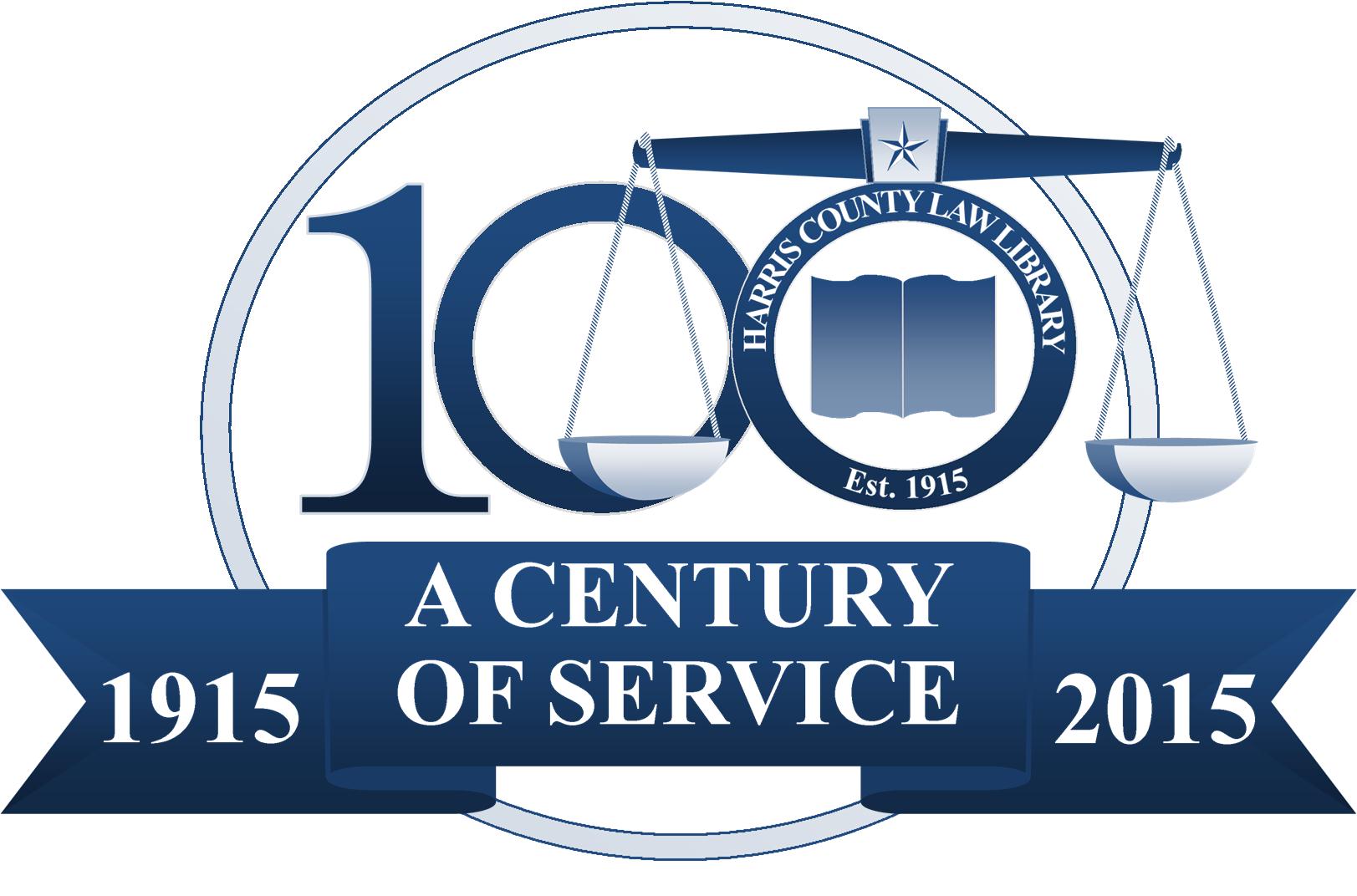HeinOnline has recently introduced a new addition to its American Law Institute Library: Trial Manual 6 for the Defense of Criminal Cases. Written by Anthony G. Amsterdam and Randy Hertz, the Trial Manual, as it is called, is designed to be a handbook for managing and handling criminal cases. Arranged chronologically, the Trial Manual takes the reader step-by-step through the criminal defense process, from the initial stages following an arrest through postconviction proceedings and appeals. Chapters covering the initial case to the arraignment address such topics as bail, case planning, preliminary hearings, grand jury, and guilty pleas. Proceedings included in the period between arraignment and trial include pretrial motions, pretrial discovery and conference(s), and suppression motions and hearings. Matters relating to the jury and the conduct of the trial itself are addressed in the trial chapters. Lastly, post-trial motions, sentencing, appeals, and probation and parole revocation are discussed in the final chapters dealing with post-trial matters.
As with resources found in other HeinOnline libraries, this full-text treatise features hyperlinks, which take the reader to the highlighted cases and law review articles cited in the Trial Manual. There are also handy flow charts detailing the procedure for cases involving felonies, cases dealing with misdemeanors, and cases before a magistrate. Moreover, there are checklists throughout the Trial Manual to ensure that the attorney has performed all of the necessary steps at a particular stage. Additionally, the authors, knowing that an important part of any trial, civil or criminal, is an understanding of the attorney-client privilege and the ethical rules concerning the practice of law, provide an excellent summary of the duties owed to the client and refer to the American Bar Association Standards of Criminal Justice, the ABA Model Rules of Professional Conduct (also available at the Law Library), and the ABA Code of Professional Responsibility. (Another good source on ethics that is available here at the Harris County Law Library, but not specifically referenced, is Professional Responsibility in Criminal Defense Practice.)
Incidentally, the authors stress that, while the Trial Manual is a helpful resource for the novice attorney and can provide him or her with the necessary information to competently represent a criminal defendant, criminal law remains a specialty. Thus, they recommend that those lawyers who are not well-versed in the handling of criminal matters consult with a more experienced criminal attorney for assistance. Nevertheless, the Trial Manual has been and continues to be an invaluable resource for those who are called upon to defend an individual in a criminal case. Look for it on HeinOnline at the Harris County Law Library.









